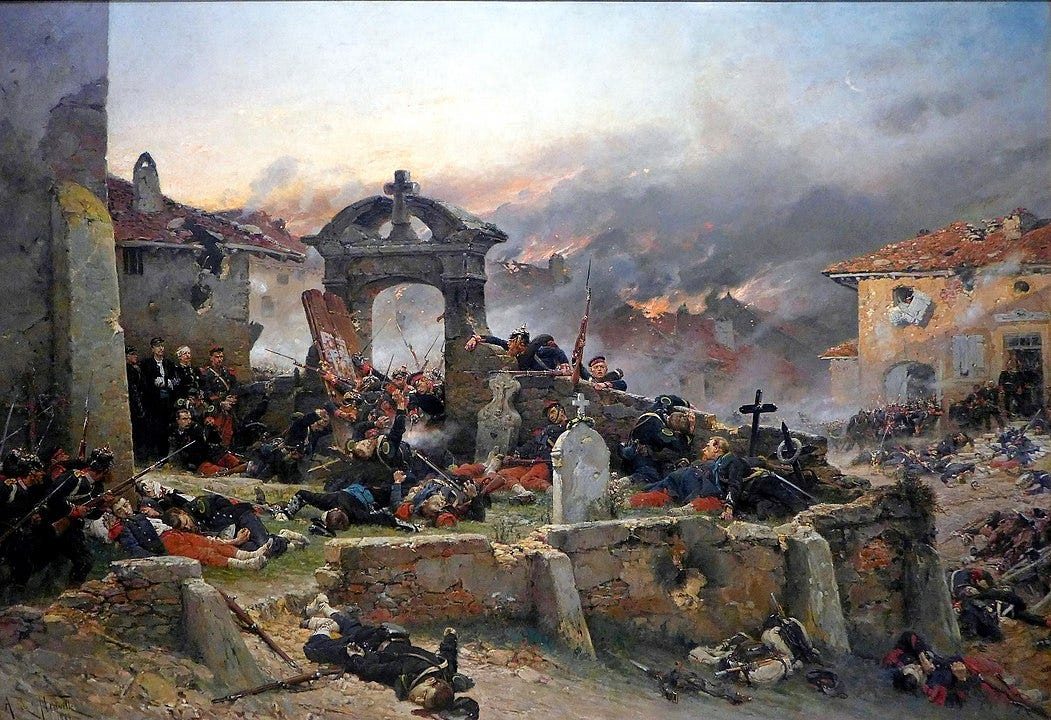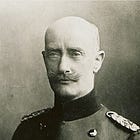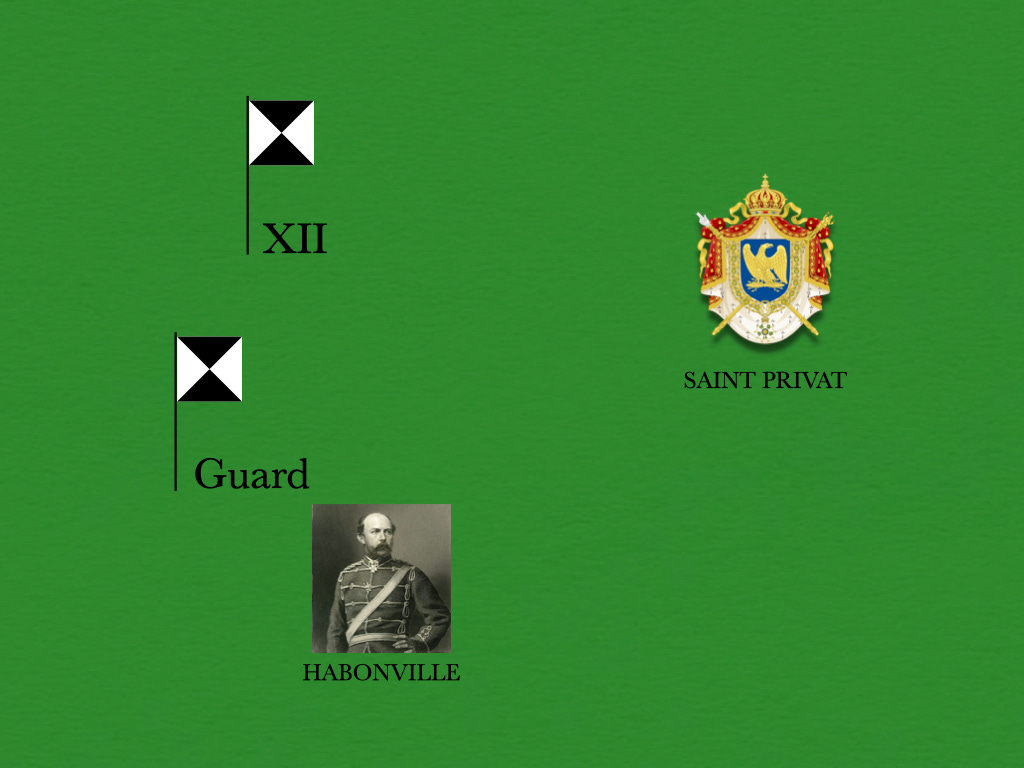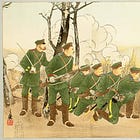Critique (Part II: The Franco-Prussian War)
Freytag-Loringhoven
This is the second in a series of three posts. To read the first post, follow the following link
Volume V (The 18th of August 1870) of Studies on War History and Tactics [Studien zur Kriegsgeschichte und Taktik] confirms the essential findings of the older official history. At the same time, it pulls no punches when it comes to the many shortcomings of the German leadership that, thanks to the discovery of previously inaccessible sources, have since come to light. While the expert reader could glean much from reading between the lines of the older work, it did nothing more than lay out the facts.
The 18th of August 1870, however, bears all the marks of a work written for pedagogical purposes. Thus, it does not shy away from arguing that, at the battle of Saint Privat-Gravelotte, the overall commander [Heeresleitung] imposed his will so rarely that he took on the role of a spectator who exercised little, if any, influence on the flow of events, if only because the system for transmitting orders proved ponderous, slow, and unfit for purpose.1 It also disparages the decision of Prince Frederick Charles [commanding the Second Army] to set up his command post at Habonville, thereby limiting his influence on the actions of the left wing of the Second Army.2
“From then on, the conception of the unfolding of events of Prince Frederick Charles diverged considerably from reality. He had been asked to personally determine whether a combined attack of the XII and Guard Corps was possible, and whether direct control by the commander-in-chief would facilitate and harmonize the advance of those formations.”3
When presented as products of hindsight, judgements of this sort offer no offense [to the reputations of the decision-makers.] Indeed, if we refrained from drawing conclusions of this kind, we would lose much of the benefit of military history. This is now generally accepted. The French official history of the Franco-Prussian War suffers from a degree of bias, both where the Germans and some French generals are concerned. Nonetheless, it makes a commendable effort to get to the bottom of things, something that was easier to do three decades after the end of the war, when consideration for the reputations of participants had lost much of its power.
The British government did not hesitate to publish the Report of the Royal Commission on the South African War. The British official history, moreover, provides a model of impartiality that acknowledges all errors made by the senior British leadership. (A comparable effort, which began before the end of the war, to identify the cause of failure and adapt to the effects of modern weapons, have also resulted in a fundamental change in the way that the British Army looks at tactics.)
Continued in Part III
Source: This is the second part of a verbatim translation of Kritik, an article signed by Hugo Baron von Freytag-Loringhoven that appeared in the Quarterly Journal for the Handling of Large Units and Army Studies [Vierteljahrshefte für Truppenführung und Heereskunde] (1913) pages 653-659.
Links to all three posts in this series
To share, support, or subscribe
Studien zur Kriegsgeschichte und Taktik, Volume V, page 580
Studien zur Kriegsgeschichte und Taktik, Volume V, page 581
Studien zur Kriegsgeschichte und Taktik, Volume V, page 588









Freytag-Loringhoven really is a treasure, his writings are due for a new edition and translation.